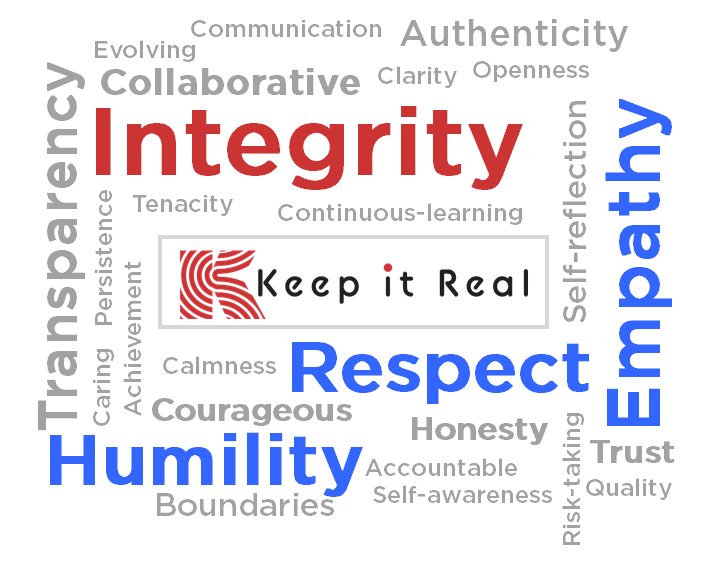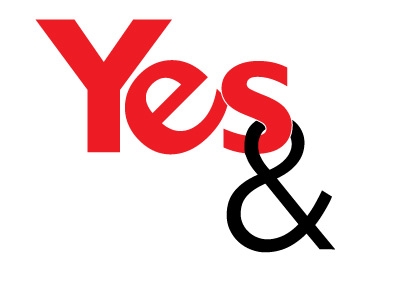In my leadership development work with organizations over the years, one of the first activities I ask participants to do is to define their core values. Although some may place more emphasis on listing leadership qualities or leadership skills and behaviors, I think that self-awareness, which is so important for leaders, begins with having clarity around our core values. Everything else spans out from there.
Values are defined as “a person’s principles or standards of behavior.” They serve as a personal moral compass to guide us in our choices, our decisions, our interactions with others, and our everyday lives. As leaders, when we are clear about our values and model them with employees, peers, customers, vendors job candidates, and well, everyone, we help create an organizational culture that aligns with those values.
So, this being said, it will come as no surprise to you that one of the first questions I ask the leaders I interview for my Let’s TAWK Leadership podcast is: What are your top 3 personal values?
Although most said it was difficult to narrow their list to three, when pressed (gently, of course) to do so, they were very clear about their most important values and how those values influence the way they lead.
Every leader is unique. And the list of values I’ve been accumulating from these conversations is varied. And yet there were four that bubbled to the top, as indicated on the values word cloud included with this blog. I’ve listed them below along with a definition and some “sound bites” from my Let’s TAWK Leadership podcast interviews.
Integrity
Integrity means honoring commitments, taking responsibility, and owning up to mistakes. It means aligning what you do and what you say with your values. It means doing what’s right even when no one is looking.
- Consistent messaging.
- Integrity – no one can take it away from you.
- How do you act when no one is looking? That’s integrity.
- Do what you say you are going to do – accountability and achievement.
- Communicate the good and the bad so your team will trust you.
Empathy
Empathy means being able to understand how others are feeling, to see things from their point of view. And to care.
- Human factor/connection.
- Meet people where they are.
- Compassion and empathy.
- Ask and then listen.
- We have to move to “humane” leadership.
Humility
Leaders need to be able to admit that they don’t have all the answers. They need to be continuously learning. That includes asking for and accepting feedback.
- Be real with your team. Sometimes you have to be vulnerable with your team.
- Be introspective about yourself. Practice self-reflection.
- A strong leader needs to be vulnerable and capable of getting out of the way!
- A leader needs to be a “whole” person – head and heart.
- As a leader you have to stay curious.
Respect
Respect means treating others with kindness, listening, and demonstrating appreciation for diversity of thought, opinions, skills, approaches, etc.
- Provide a safe platform.
- Listen – 2-way communication is a must.
- When providing feedback, you have to tell them “the why” behind your feedback so they can adjust and learn and maybe even push back.
- Thankful and kind.
- Learn from each other.
Tune into the Let’s TAWK Leadership podcast series to learn more from my conversations with leaders from a variety of industries.
Till next time, keep it real.
Karen









